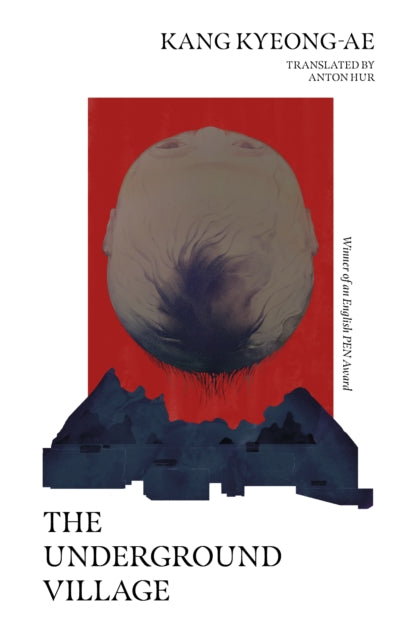1
/
of
1
The Underground Village
The Underground Village
Author(s):
Kang Kyeong-ae
ISBN: 9781915829054
Format: Paperback
Publisher:
Genre and Subgenre:
Kang Kyeong-ae
ISBN: 9781915829054
Format: Paperback
Publisher:
Genre and Subgenre:
Low stock
Regular price
RM97.90
Regular price
Sale price
RM97.90
Quantity
Couldn't load pickup availability
Author: Kang Kyeong-ae
ISBN: 9781915829054
Format: Paperback
Publisher: Honford Star
Kang Kyeong-ae (1906-1944), one of Korea’s great modern authors, wrote her stories during the Japanese occupation of Korea. Kang’s work is remarkable for its rejection of colonialism, patriarchy, and ethnic nationalism during a period when such views were truly radical and dangerous. With an expert commentary by Sang-kyung Lee and beautifully translated by Anton Hur, this collection of Kang’s work displays her sensitivity, defiance, class-consciousness, and deep understanding of the oppressed people she wrote about.
Born in what is now North Korea to an impoverished family, as a young woman, Kang was a teacher in Manchuria, where she witnessed fierce infighting between Korean nationalists and communists and the persecution of ethnic Koreans by Manchurian warlords. It was in Manchuria that Kang started writing her stories, which were shaped by her life experiences and left-wing political views.
View full details
ISBN: 9781915829054
Format: Paperback
Publisher: Honford Star
Kang Kyeong-ae (1906-1944), one of Korea’s great modern authors, wrote her stories during the Japanese occupation of Korea. Kang’s work is remarkable for its rejection of colonialism, patriarchy, and ethnic nationalism during a period when such views were truly radical and dangerous. With an expert commentary by Sang-kyung Lee and beautifully translated by Anton Hur, this collection of Kang’s work displays her sensitivity, defiance, class-consciousness, and deep understanding of the oppressed people she wrote about.
Born in what is now North Korea to an impoverished family, as a young woman, Kang was a teacher in Manchuria, where she witnessed fierce infighting between Korean nationalists and communists and the persecution of ethnic Koreans by Manchurian warlords. It was in Manchuria that Kang started writing her stories, which were shaped by her life experiences and left-wing political views.


